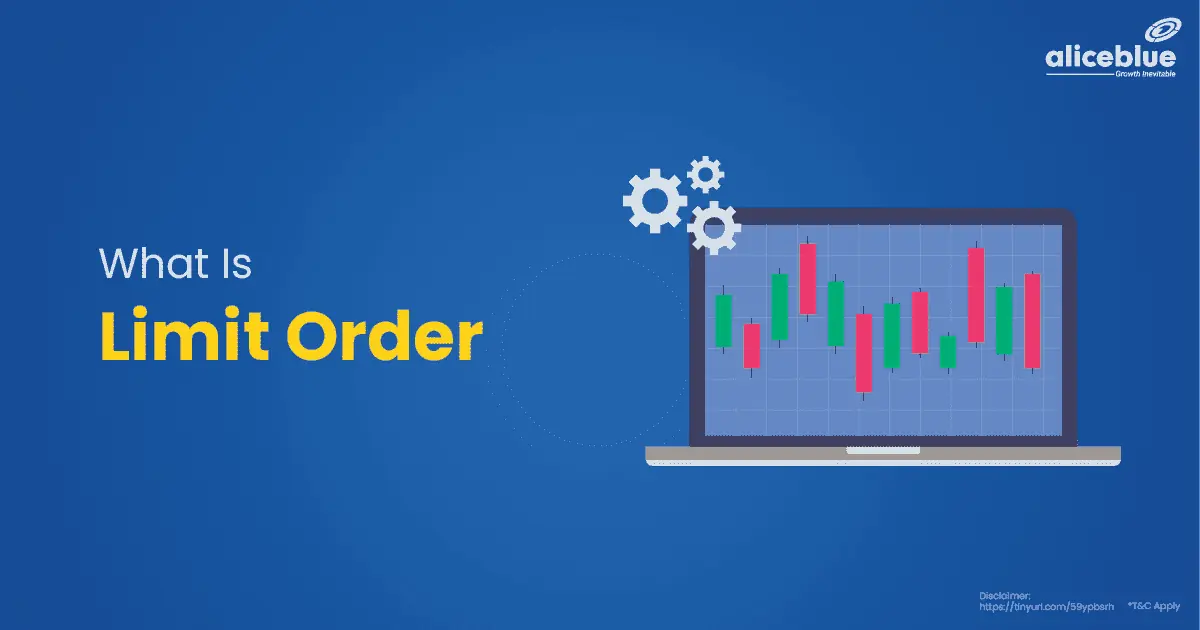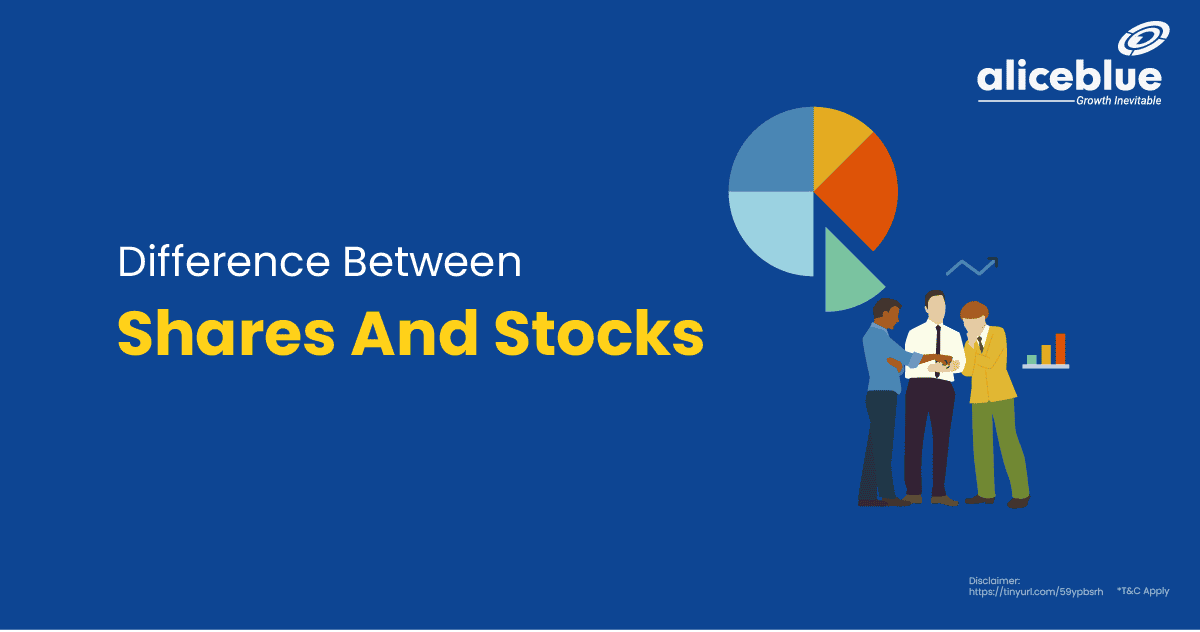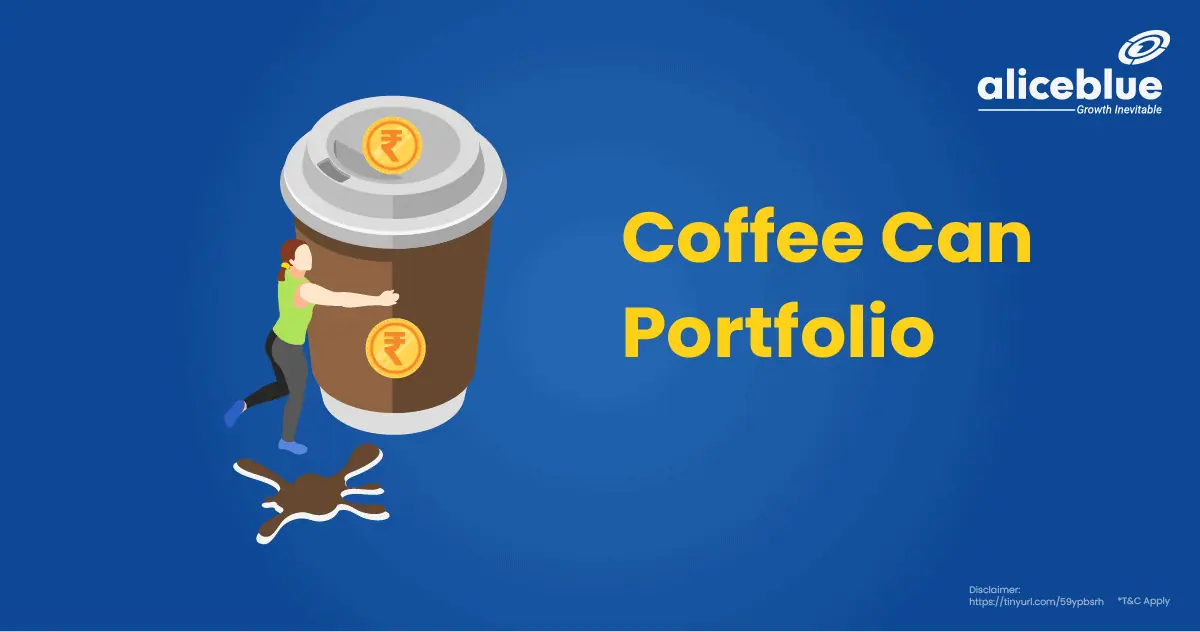A limit order in the stock market is an instruction to buy or sell a stock at a specified price or better. This allows for greater control over the execution price, unlike a market order that executes at the current market price.
Content:
- What Is a Limit Order?
- Limit Order Example
- How Does A Limit Order Work?
- Limit Orders Vs Market Orders
- How To Place A Limit Order?
- Limit Order Meaning – Quick Summary
- What Is a Limit Order? – FAQs
What Is a Limit Order?
A limit order is an instruction to buy or sell a security at a specified price or better. It ensures price control but doesn’t guarantee execution, as the market might not reach the specified price. Used in stocks, forex, and other financial markets.
A limit order provides traders with precise control over trade execution, allowing them to specify the exact price at which they wish to buy or sell a security. This mitigates the risk of unfavorable price movements and ensures trades are executed according to predetermined criteria.
Furthermore, limit orders offer flexibility by allowing traders to set conditions for trade execution, such as price thresholds. This enables them to capitalize on market movements and secure favorable entry or exit points, enhancing their ability to manage risk and optimize trading strategies.
For example: A trader places a limit order to buy 100 shares of XYZ stock at Rs. 50 per share. If the market price reaches or falls below Rs. 50, the order will be executed at that price or better.

Limit Order Example
Suppose a trader wishes to purchase 50 shares of ABC Ltd. at a maximum price of Rs. 150 per share. They place a limit order specifying the buy price. If the market price remains at or below Rs. 150, the order will be executed.
How Does A Limit Order Work?
A limit order works by allowing traders to set a specific price at which they are willing to buy or sell a security. When the market reaches the specified price or better, the order is executed, ensuring trade occurs at the desired levels.
Limit Orders Vs Market Orders
The main difference between limit and market orders is price control. Limit orders set a specific price, offering control but not guaranteeing execution. Market orders execute immediately at current market prices, ensuring execution but without price control. Each suits different trading strategies and risk tolerances.
| Aspect | Limit Orders | Market Orders |
| Execution | Executes at a specified price | Executes at prevailing market price |
| Price Control | Traders set price | No price control, immediate execution |
| Price Guarantee | Guarantees price or better | No price guarantee, subject to market fluctuations |
| Timing | May not execute if price not reached | Executes immediately |
| Flexibility | Offers flexibility in price selection | Limited flexibility, immediate execution |
| Risk Management | Allows precise risk control | Less control over price, immediate execution |
How To Place A Limit Order?
To place a limit order, traders specify the security, quantity, and price at which they wish to buy or sell. This instruction is then submitted to their broker or trading platform, and the order is executed when the market reaches the specified price.

Limit Order Meaning – Quick Summary
- A limit order allows traders to set a specific price for buying or selling a security. This instruction ensures the trade is executed at the predetermined price or a better one, providing control over trade execution.
- A limit order enables traders to set a designated price for buying or selling a security. When the market matches or surpasses the specified price, the order is executed, ensuring trades occur as desired.
- The main difference between limit orders and market orders is that limit orders allow traders to specify a price for trade execution, while market orders are executed immediately at the prevailing market price, regardless of price fluctuations.
- Traders can place limit orders by specifying the security, quantity, and desired price for buying or selling. This instruction is then sent to their broker or trading platform for execution when the market reaches the set price.
- Open free demat account with Alice Blue in 15 minutes today! Invest in Stocks, Mutual Funds, Bonds & IPOs for Free. Also, trade at just ₹ 15/order and save 33.33% brokerage on every order.
What Is a Limit Order? – FAQs
What Is A Limit Order In The Stock Market?
A limit order in the stock market is an instruction from a trader to buy or sell a security at a specified price or better. The order is executed only if the market reaches the set price.
What Is An Example Of A Limit Order?
A limit order is a trader instructing their broker to buy 100 shares of Company ABC at a maximum price of Rs. 50 per share. The order will only be executed if the market price falls to Rs. 50 or lower.
What Is The Difference Between Buy And Limit Order?
The main difference between a buy and a limit order is that a buy order instructs to purchase a security at the current market price, whereas a limit order specifies a price threshold for execution
What Are The Types Of Limit Orders?
Types of limit orders include buy limit orders, sell limit orders, stop-limit orders, and trailing stop limit orders. Each type serves different strategies, from securing a desired price to managing risk.
How Long Is A Limit Order Valid?
A limit order’s validity varies: Day orders expire at market close, Good-Till-Canceled (GTC) can last until executed or canceled, often for up to 90 days, and others have custom durations set by the trader.
Can Limit Orders Be Cancelled?
Yes, limit orders can be canceled as long as they haven’t been executed. Traders often do this to adjust their strategy or respond to market changes, offering flexibility in their trading approach.







